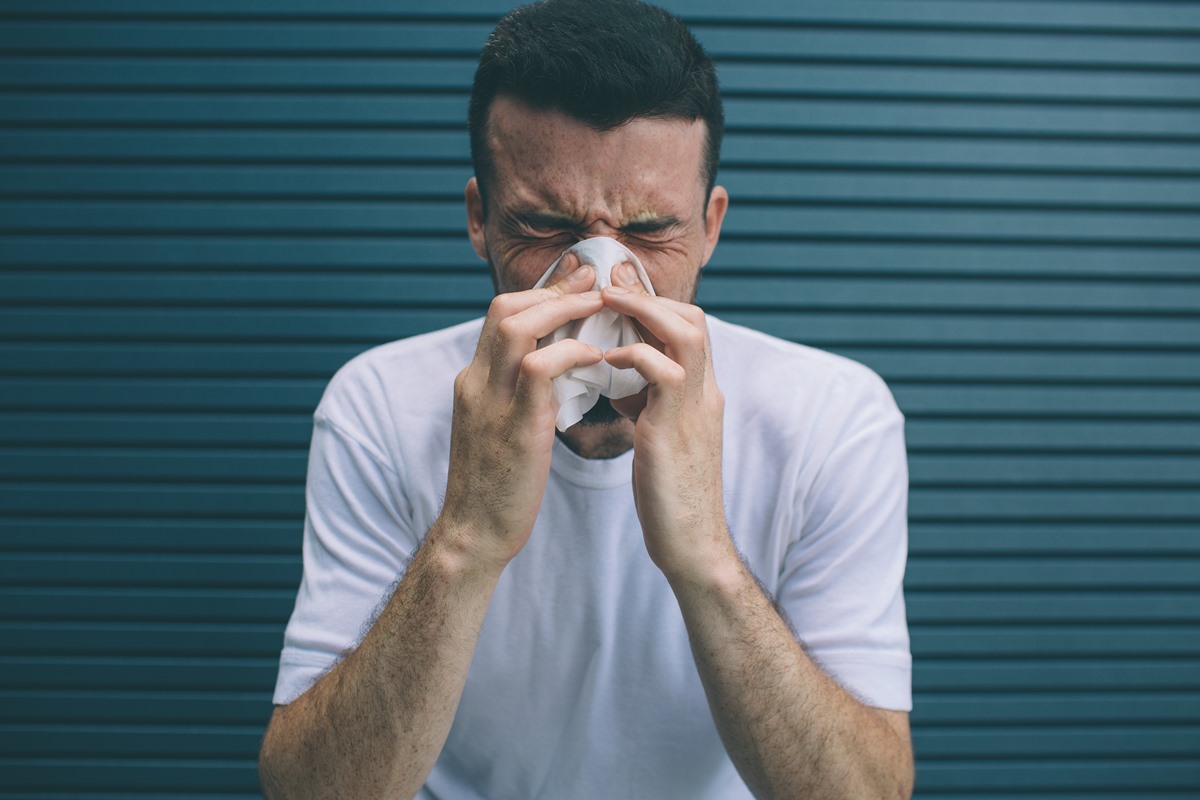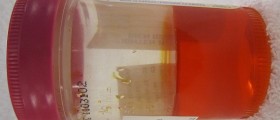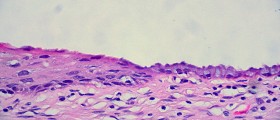Mucus plays an important role in our body, however most of the time we hardly ever notice its presence. The one time that we do notice it is when our body's defenses are working overtime fighting an infection or an allergy.
The color of mucus is very pale and colorless under normal conditions however this changes in time of infection. A lot of people think that this change in color of the mucus is due to the presence of micro-organisms, however it is actually due to the release of enzymes by the white blood cells of the body.
The production of these white blood cells is increased in the body during infection as they are the first line of defense and it is their increased presence in the mucus along with the dead micro-organisms that make the mucus thicker in consistency.

The most common change in color of mucus is that of a greenish color. However other more striking changes like orange are also seen.
Acute Sinus Infection
The sinuses are in close proximity to the nasal cavity and are lined by a mucus producing membrane. A bacterial infection in the sinuses leads to an over production of mucus from the lining. In the event of an ongoing infection, this can actually lead to the creation of a favorable environment for the bacteria in the sinuses, which in turn cause more production of sinuses.
So Why Does The Mucus Turn Orange?
The sinus is lined by capillaries which provide blood supply to the area. These capillaries are very thin and break quite easily bleeding into the sinuses. This is actually what causes the mucus to change color.
- Pain in the facial area as well as the head and neck.
- Heaviness of the head
- Stuffiness of the nose
- Chronic headaches
- Swelling of the face
- Tooth ache as well as ear ache too can be felt, although it may just be referred pain
- Post nasal drip during sleeping which leads to a feeling of choking
Pneumonia
A severe infection of the lungs as seen in pneumonia can also lead to the formation of orange mucus. This would be associated with wheezing, trouble breathing, high fever and other symptoms of the disease.
Treatment:
The treatment is basically geared to the underlying disease as just the presence of orange mucus alone is not a disease. Your doctor will probably run some blood tests to identify the cause of infection. A culture of the mucus will also be useful in narrowing down the most effective antibiotics.
- Photo courtesy of SteadyHealth
















